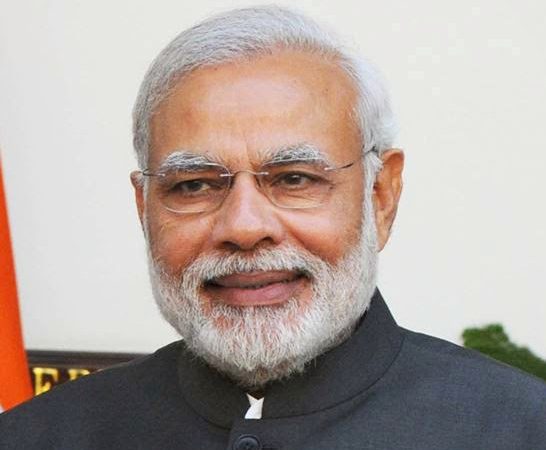Indian unions representing 47 million workers are urging the UK to suspend negotiations with Narendra Modi’s government until it respects basic international labour standards.

Tony Burke is the President of the Confederation Od Shipbuilding and Engineering Unions and Chair of the Campaign For Trade Union Freedom.
The TUC has warned that the proposed UK-India free trade deal “would open the UK to goods produced by child labour and modern slavery’. Unions representing millions of workers in India are also calling on the UK to suspend talks on the trade deal which the Tory government is desperate to clinch having seen the door to a trade deal with the USA closed in their faces by Joe Biden.
A deal with India would shore up the claims that the UK after Brexit could swashbuckle its way across the globe securing lucrative trade agreements.
Apart from the minuscule Australia and New Zealand deals and ‘roll over deals’ already in place with the EU, the UK’s post Brexit trade policy has stalled, so the Tories have been in hurry to clinch a deal with India quickly.
India’s 2011 census put the number of child workers in the country at 10.1 million. “Low pay and exploitative conditions are widespread in India, with forced and child labour found in a number of industries including textiles, brick manufacturing, shipbreaking, embroidery, hospitality and tobacco,” Indian unions and the TUC said in a joint statement.
Indian unions representing 47 million workers are urging the UK to suspend negotiations with Narendra Modi’s government until it respects basic international labour standards.
“In 2020 India adopted labour laws that severely limit the right to strike and workers’ right to collectively bargain with employers,” the joint union statement said. “India has not ratified all the fundamental International Labour Organisation (ILO) conventions, including those on freedom of association, collective bargaining and health and safety at work.
“In November 2020 the Indian government violently suppressed strikes to protest against these labour laws and passing agricultural reforms that would threaten the livelihoods of millions of farmers.
“Furthermore, anti-terrorist laws, such as the Unlawful Practices Prevention Act, are being used to imprison thousands of trade unionists.”
Unions in India say they are worried the agreement could displace workers in good jobs by undermining the country’s domestic industries, while British unions have warned it could make it easier for companies to send Indian workers to the UK without complying with agreements over pay and conditions.
There are also fears that India removing tariffs on agriculture could undermine its ability to produce its own food.
The organisations say no agreement should be agreed until India signs up to fundamental UN International Labour Organisation (ILO) conventions on workers’ rights.
Shoya Yoshida, of the International Trades Union Congress – Asia Pacific said: “When the government of India is not showing any respect for core labour standards in the current situation, including the right to organise and collectively bargain, the India-UK trade deal will not serve its purpose of genuinely bringing prosperity to the people of its countries.”
Frances O’Grady, the general secretary of the TUC, said the UK should be “using its leverage on the global stage to promote decent work” and urged ministers to “listen to trade unions in both the UK and India and act to stop serious rights abuses”.
“A UK-India trade deal could encourage companies to outsource more jobs from the UK to India, leading to a race to the bottom,” she said. “And such a deal could deepen gender inequalities and threaten food security in India by encouraging cheap imports.”
Gautam Mody the General Secretary of the New Trade Union Initiative, a progressive union covering textiles and other sectors, said: “The agreement would have been signed for all the wrong reasons had the Tories not been in complete disarray.”
“There are huge amounts of ‘give aways’ from the Indian side especially on patents and pharmaceuticals all of which could have long term consequences for India’s sustainability in terms of access to medicines and the de-regulation of the financial sector.”
“India’s only significant ask is for the free movement of people which lifts caps on students and work visas. Modi needs this badly to deliver his core middle class constituency who are his most articulate and strident Hindu supporters.”
To reach hundreds of thousands of new readers and to make the biggest impact we can in the next general election, we need to grow our donor base substantially.
That's why in 2024, we are seeking to generate 150 additional regular donors to support Left Foot Forward's work.
We still need another 124 people to donate to hit the target. You can help. Donate today.



